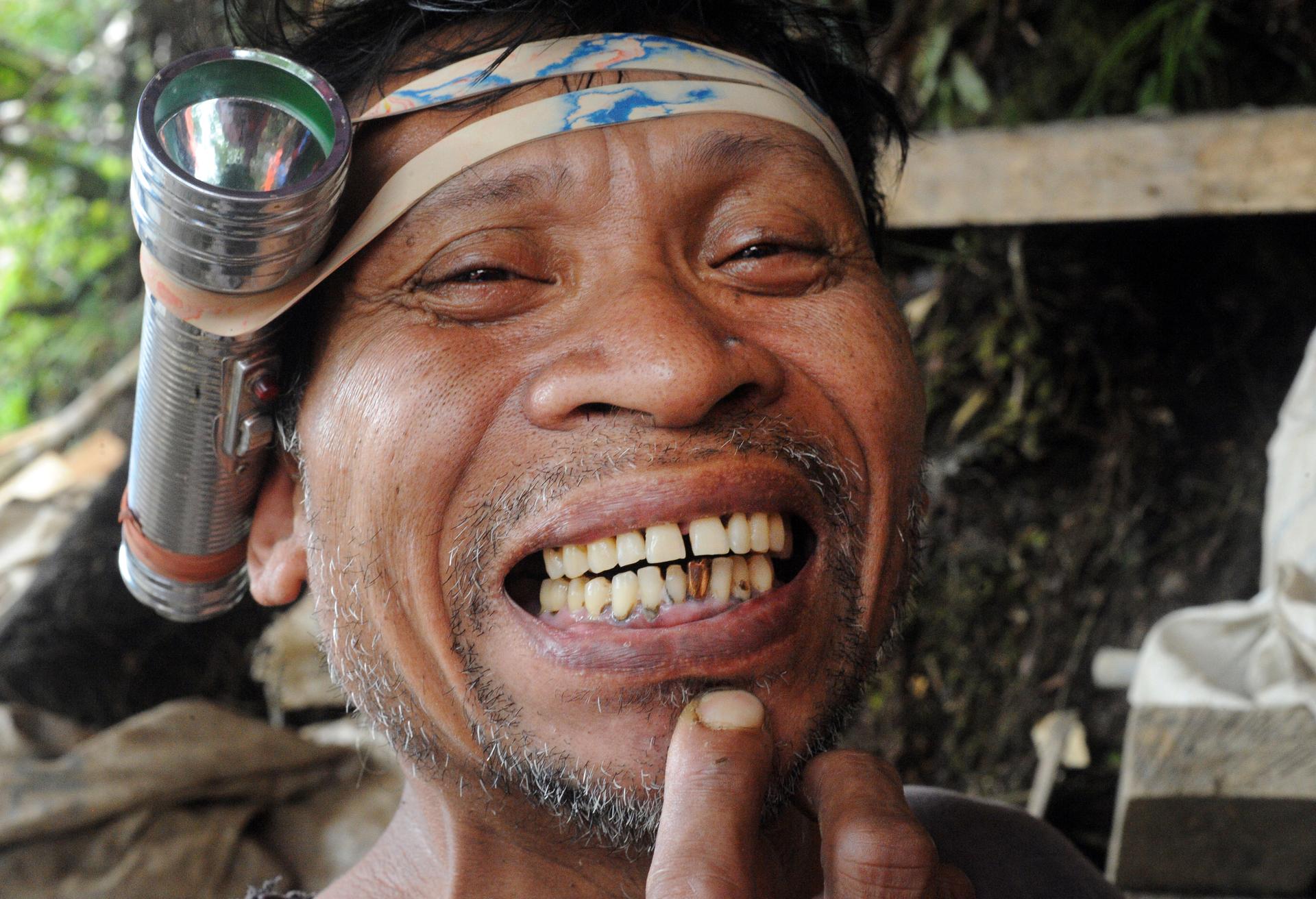Ancient humans had better teeth than we do, study suggests
A new study shows that ancient human teeth were much stronger and less cavity-prone than their modern equivalents. Researchers say the difference is likely due to diet and a lack of diversity of bacteria in the modern mouth.
A new study suggests that our modern teeth were not nearly as strong as ancient human teeth.
Researchers at the University of Adelaide studied the teeth of ancient skeletons and found that our ancestors were less prone to cavities and bacteria linked to gum disease.
ABC reported that the scientists looked at 34 prehistoric northern European human skeletons, as well as medieval farmers and finally modern individuals.
They looked at the DNA of calcified bacteria and discovered that the further back humans go, the more diverse the bacteria their teeth contained.
Indeed, the likely reason for our poor teeth is our lack of diversity of oral bacteria.
It turns out that the more diverse the bacteria the better.
"This is the first record of how our evolution over the last 7500 years has impacted the bacteria we carry with us, and the important health consequences," said study author Alan Cooper, reported Medical News Today.
"Oral bacteria in modern man are markedly less diverse than historic populations and this is thought to contribute to chronic oral and other disease in post-industrial lifestyles."
Red Orbit said that the change occurred both during the transition from hunter-gather to farmer and from farmer to city-dwelling factory worker during the Industrial Revolution.
Both transitions saw an increased consumption of processed and refined foods.
The findings were published in the journal Nature Genetics.
Every day, reporters and producers at The World are hard at work bringing you human-centered news from across the globe. But we can’t do it without you. We need your support to ensure we can continue this work for another year.
Make a gift today, and you’ll help us unlock a matching gift of $67,000!
